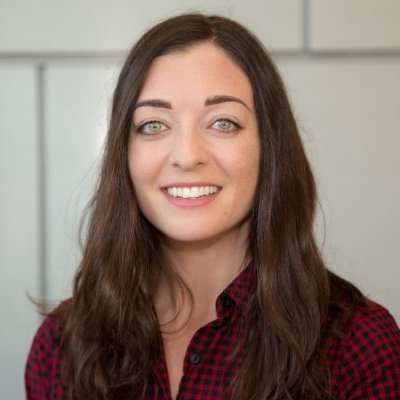Podcasts are on the rise as more people choose to delve beyond flashy headlines.
Four professional journalists who report news will host a panel that will focus on what it means to tell investigative stories in a podcast format and how it’s similar and different from telling those stories in a more traditional medium. With this, there are challenges that come with reporting through podcasts, but, nonetheless, there is a standing impact from the stories that are told.
I got to speak to panel speaker Samara Freemark about the rise of podcast popularity and how people could gain a greater experience from gathering news through podcasts.

How do you think news and politics podcasts differ from watching news on television or reading it on the internet?
“I think we see that our listeners are more engaged. They really seem to connect emotionally with the stories we tell. I think some of that has to do with the intimacy of audio, which everyone talks about – the fact that audio is such a personal, emotional medium. I think it also has to do with how deliberate podcast listening is. People don’t just stumble across a podcast episode in an ambient way….they have to make the decision to listen, and so I think they listen very closely and carefully.”
Can you tell me a little bit about your experience in shifting from being a reporter in the newsroom to reporting for podcasts?
“The most obvious thing is time: the time you have to produce a thing, and how much time you have to tell a story. Breaking free of the public radio clock has been very liberating. The second season of our podcast, In the Dark, was 11 episodes, totaling about 10 hours of audio. It would be incredibly difficult to convince a newsroom to devote that much airtime to a single story.”
What [else] do you hope to see in the future of podcasts?
“I would love to see more investigative journalism being done in this space. I think podcasts, as a medium, are a fantastic way to tell these kinds of stories. You have the time and space to dive deep into complicated projects, and I find that listeners to podcasts are really giving them their full attention. So I would love to see more investigative teams try releasing their work in the podcast format….and I would love to see more podcast teams applying the methods and tenets of investigative journalism to their podcast work.”
For more information of this panel, you can check it out on Monday, March 11 from 3:30 p.m. to 4:30 p.m. at the JW Marriott Salon D.

Comments are closed, but trackbacks and pingbacks are open.